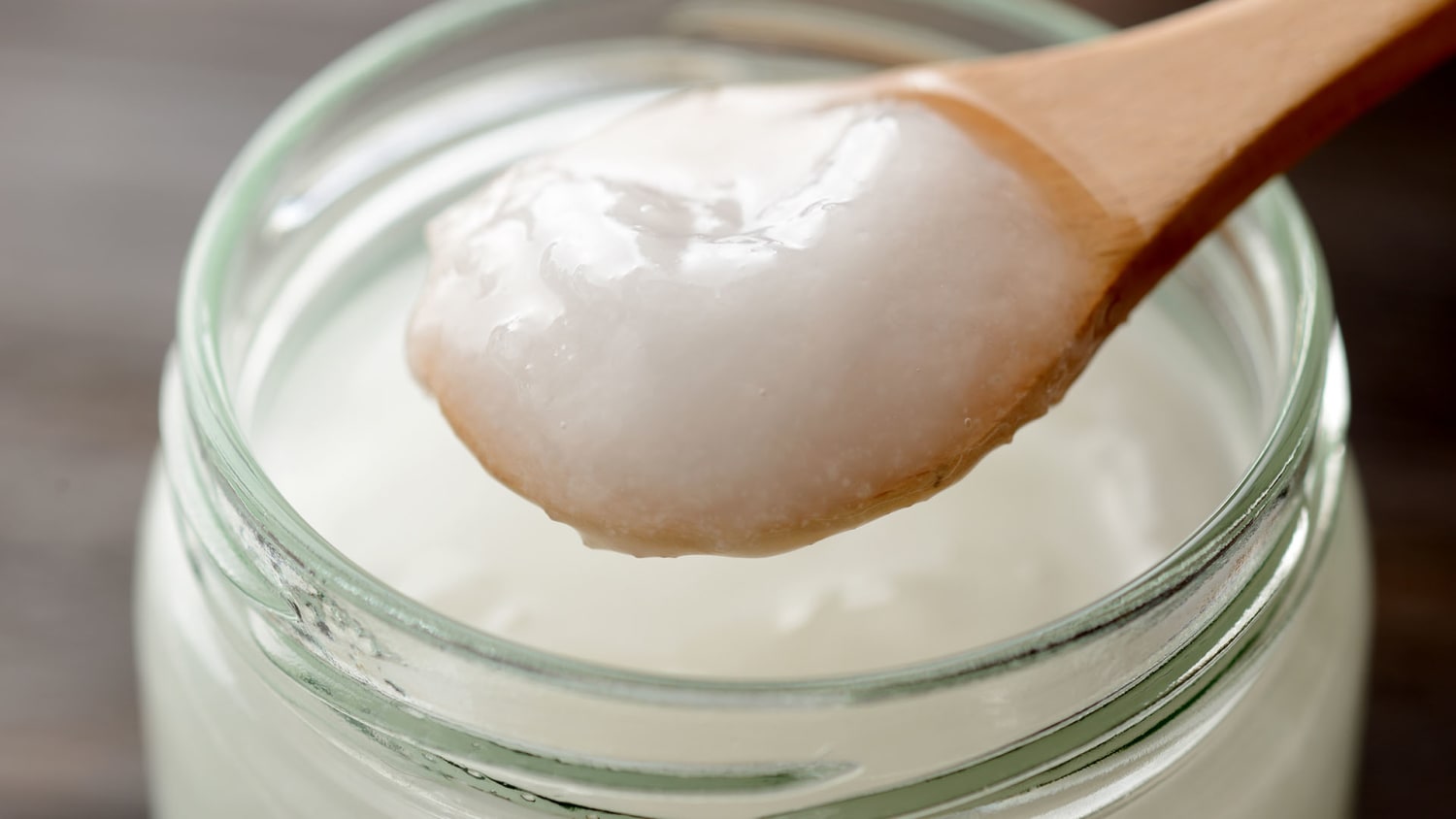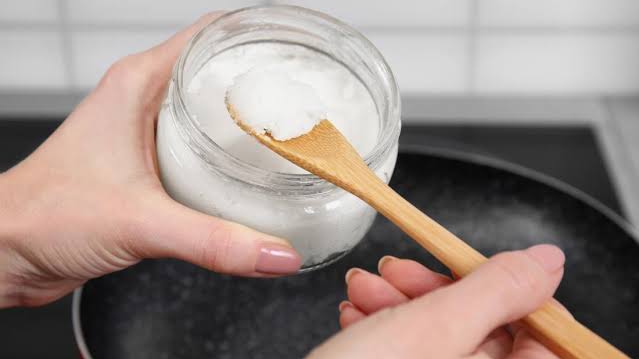Smart Ways to Store Used Cooking Oil: Keep It Fresh and Safe!
Written By James Morgan
Used cooking oil storage may seem like a hassle, but if youre a barbecue enthusiast, its crucial to understand how to handle it properly. Not only does this help save money, but it also ensures you can reuse the oil safely and effectively. This guide covers all the essential steps to store used cooking oil, keeping it fresh and ready for your next grilling adventure!

Why Store Used Cooking Oil?
Storing used cooking oil isn't just about being economical. It also helps in maintaining the flavor of your foods, minimizing waste, and ensuring you're not pouring oil down the drain, which can be harmful to the environment. Whether you're frying turkey or grilling burgers, knowing how to store and reuse your oil properly is a big win.

Step-by-Step Guide on How to Store Used Cooking Oil
1. Let the Oil Cool Down
Before handling used cooking oil, ensure it has completely cooled down. Hot oil can be dangerous and may cause severe burns if mishandled. Patience is key here!
2. Strain the Oil
Once the oil has cooled, strain it through a fine mesh sieve or cheesecloth. This step helps remove any food particles, ensuring the oil is clean for future use. You can strain the oil multiple times for better clarity.
3. Choose the Right Container
Opt for a clean, airtight container to store your used cooking oil. Glass jars with tight lids are an excellent choice, as they don't react with the oil and keep it fresh for longer. Avoid using plastic containers, as they can absorb odors and affect the oil's taste.
4. Label the Container
Dont forget to label your container with the type of oil and the date it was used. This helps you keep track of its shelf life and ensures youre using the oil within a safe time frame.
5. Store in a Cool, Dark Place
Store the container in a cool, dark place like a pantry or cupboard. Excessive light and heat can degrade the oil faster. If you prefer, you can also store the oil in the refrigerator to extend its shelf life.

How Long Can You Store Used Cooking Oil?
Used cooking oil can typically be stored for up to a month if it has been properly strained and stored. However, always use your senses to check for any off smells or changes in color before reusing the oil. If in doubt, its better to discard the oil and use a fresh batch.

Tips for Reusing Cooking Oil
- Use the oil for similar types of cooking to avoid flavor transfer.
- Avoid mixing different types of oils.
- Always strain the oil to remove any food particles after each use.
Signs That Used Cooking Oil Needs to Be Discarded
- Rancid or sour smell.
- Dark, murky appearance.
- Foaming or excessive smoking when heated.
Environmental Benefits of Proper Cooking Oil Disposal
Learning how to store and dispose of used cooking oil properly is not only beneficial for your pocket but also for the environment. Proper disposal prevents oil from contaminating water systems and harming wildlife. Consider recycling used cooking oil into biodiesel, a renewable energy source.
FAQs: How to Store Used Cooking Oil
Q: Can you leave used cooking oil out overnight?
A: It's best to store used cooking oil in a sealed container once it has cooled down. Leaving it out can cause it to go rancid faster.
Q: How many times can you reuse cooking oil?
A: You can reuse cooking oil up to three times if it has been properly strained and stored. However, always check for signs of spoilage before reuse.
Q: Is it safe to store used cooking oil in plastic containers?
A: While you can store used cooking oil in plastic containers, its better to use glass jars with tight lids, as plastic can absorb odors and affect the oils taste.
Q: Can used cooking oil solidify?
A: Yes, used cooking oil can solidify if stored in the refrigerator. This doesn't affect the oil's quality, and it will liquefy once brought to room temperature.
Q: How do you dispose of used cooking oil?
A: Never pour used cooking oil down the drain. Instead, store it in a sealed container and dispose of it with your household waste or recycle it properly.
Q: Does used cooking oil go bad?
A: Yes, used cooking oil can go bad. If it smells rancid or looks murky, its best to discard it and use fresh oil.
Conclusion
Storing used cooking oil is simple and beneficial for both your wallet and the environment. By following these steps, you can ensure your oil remains fresh, safe, and ready for your next barbecue session. Remember, proper handling and storage can make all the difference in the quality and safety of your meals. Happy grilling!
As an Amazon Associate, I earn from qualifying purchases.
Further Reading:
Also, you might find this article on safflower oil insightful for more oil-related information.



